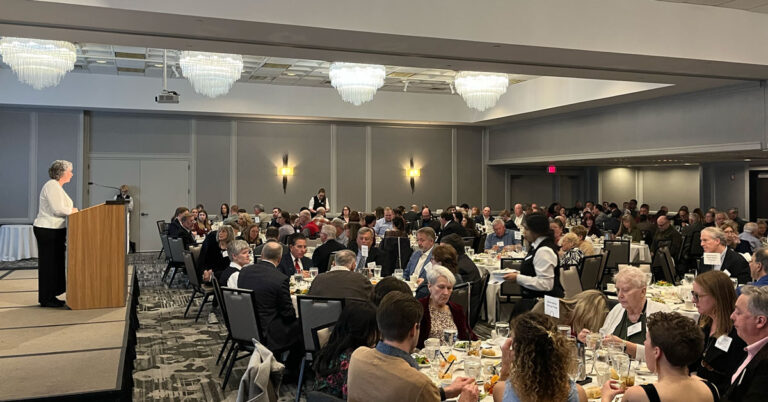The Wisconsin Newspaper Association Foundation is pleased to announce the distinguished industry leaders who will be inducted into the Wisconsin Newspaper Hall of Fame on Thursday, Nov. 18, at The Madison Club, 5 E. Wilson St., Madison.
Register online by Wednesday, Nov. 10.
The 2021 inductees are (click to read bios):
- Harland & Helen Everson (posthumous), The Edgerton Reporter
- William “Bill” Hale (posthumous), Grant County Herald Independent, Lancaster
- Phil Haslanger, The Capital Times, Madison
- Margaret “Meg” Jones (posthumous), Milwaukee Journal Sentinel
- J. Anthony Josey (posthumous), Wisconsin Enterprise-Blade, Milwaukee
- Lucius W. Nieman (posthumous), The Milwaukee Journal
The 2021 Hall of Fame Banquet will begin at 5:30 p.m. with a seated cocktail reception. Dinner will be at 6:30 p.m., with the induction ceremony to follow. Tickets can be purchased online for $55 per person, $420 for a table of eight, or $650 for a corporate table sponsor (includes a table of eight and recognition at the event).
To ensure the safety of our guests, attendees will be required to show either proof of vaccination or a negative COVID test result taken within 72 hours of the event. Guests also will be required to wear masks at all times, except when eating or drinking. We also will implement social distancing whenever possible, including fewer attendees per table.
We will continue to closely monitor government mandates and policy changes, CDC guidelines and public health recommendations. As information pertaining to the virus continues to develop, we will adjust our approach as needed and keep you up to date with any new developments.
2021 Hall of Fame Inductees
Harland & Helen Everson
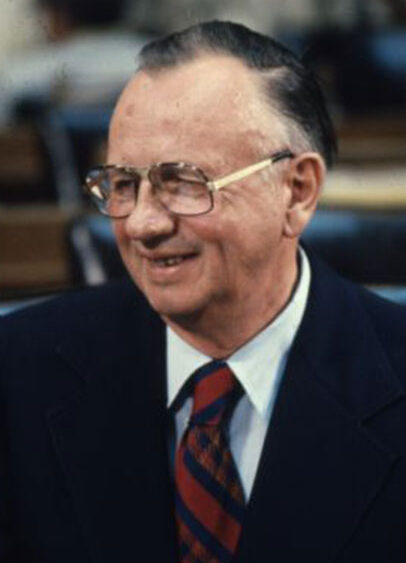
A husband and wife team who left an indelible mark on the newspapering in Wisconsin, Harland and Helen Everson set the foundation for a strong weekly newspaper through their devotion to journalism and a steadfast commitment to their community.
After buying The Edgerton Reporter in 1951, the Eversons quickly built it into one of the most respected and award-winning weekly newspapers in the state. The Reporter— a leader in promoting Edgerton’s schools, civic endeavors and advocating for community causes — served as a model for other independent papers in the state.
Their devotion to public service went well beyond the newspaper. Both Helen and Harland were active in the Edgerton Rotary Club and the Albion Academy Historical Society. A pillar of the community, Helen also served as a member of the Edgerton Federation of Women’s Clubs and the Monday Club, and was named a Paul Harris Fellow and Edgerton’s Honored Citizen. Known for his honesty and integrity, Harland served on the Edgerton School Board, the Dane County Parks Commission and in the state Assembly. During his time in the legislature, from 1970 to 1982, he was a tireless advocate for rural Wisconsin, family farmers and the state’s small businesses. Upon his death in 1992, The Capital Times hailed him as a “champion of the people.”
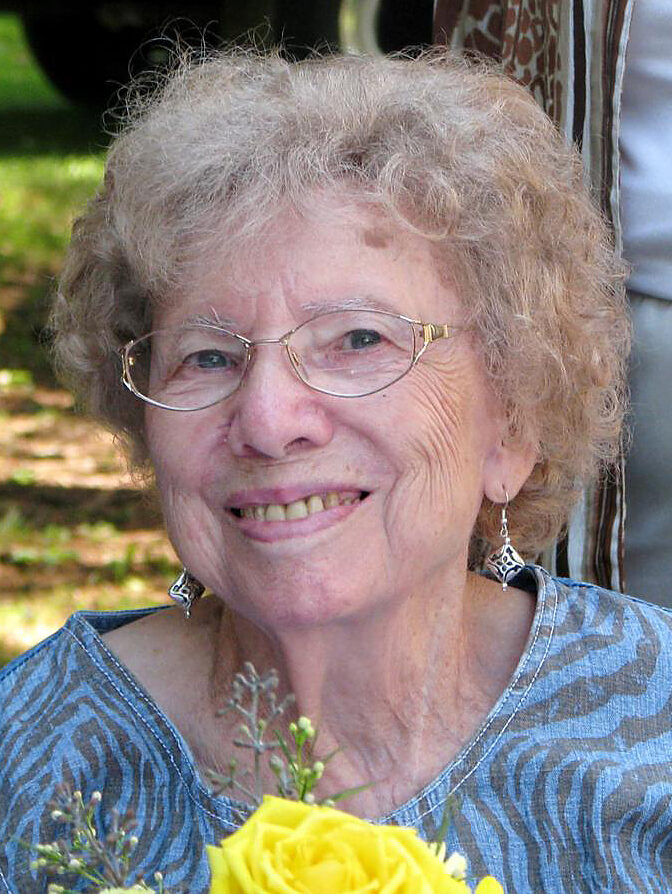
After Harland was elected to the Assembly, Helen became the face of the newspaper for many years, and, after his death, she ran the paper with her daughter, Diane. She remained an ever-present figure in The Reporter newsroom until age 92, continuing to edit stories and columns up until her death in 2017.
When Diane, who has led the paper ever since, was named to the Wisconsin Newspaper Association Hall of Fame in 2013, she gave credit to her parents. “It’s more an honor to my family, not so much me. I’m just excited to help them get recognition for all they’ve accomplished,” she told the Janesville Gazette.
William “Bill” Hale
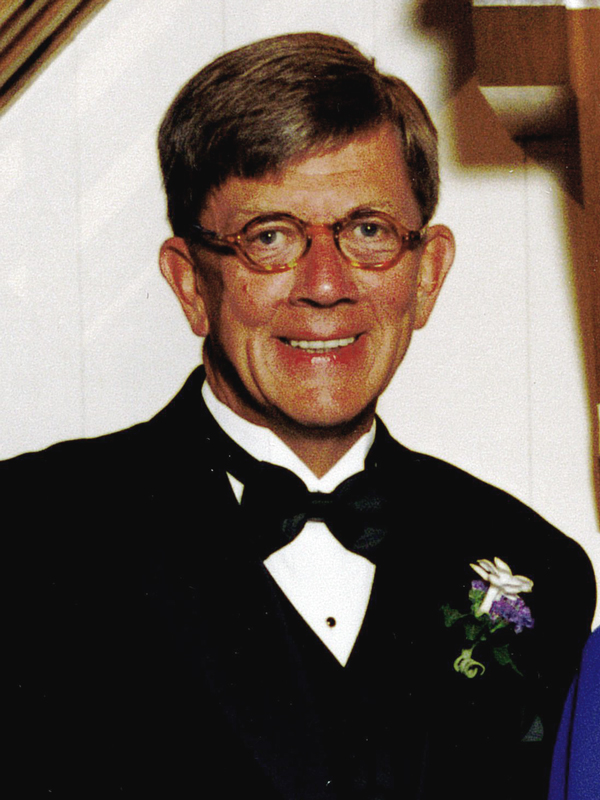
Through his mentorship, William “Bill” Hale inspired success among individuals working in newspapers across Wisconsin and beyond.
He was known for taking the time to develop and celebrate others in the industry and would travel to other newspapers to lend a hand if he was needed. He even traveled once with a volunteer group to Ukraine to work with two fledgling newspapers. It was his experience in all aspects of operating a community news publication, his commitment to journalism and his dedication to others that made him an adept adviser.
A Missouri native, Hale came to Wisconsin in 1984 when he bought the Grant County Herald Independent. He built his company on a foundation of strong relationships with local businesses and was an active member of the community, serving as a founding member of the Lancaster Community Foundation.
Hale went on to purchase the (Cuba City) Tri-County Press, Fennimore Times, The Boscobel Dial and the Crawford County Independent and The Kickapoo Scout in Gays Mills. He ran all of the newspapers from his office in Lancaster until selling to Morris Newspaper Corporation in 2002. Beyond his day-to-day duties, he also was active in the Wisconsin Newspaper Association and the International Society of Weekly Newspaper Editors.
Hale, who died in April 2020 following a long battle with cancer, remained passionate about newspapering to the end.
Phil Haslanger
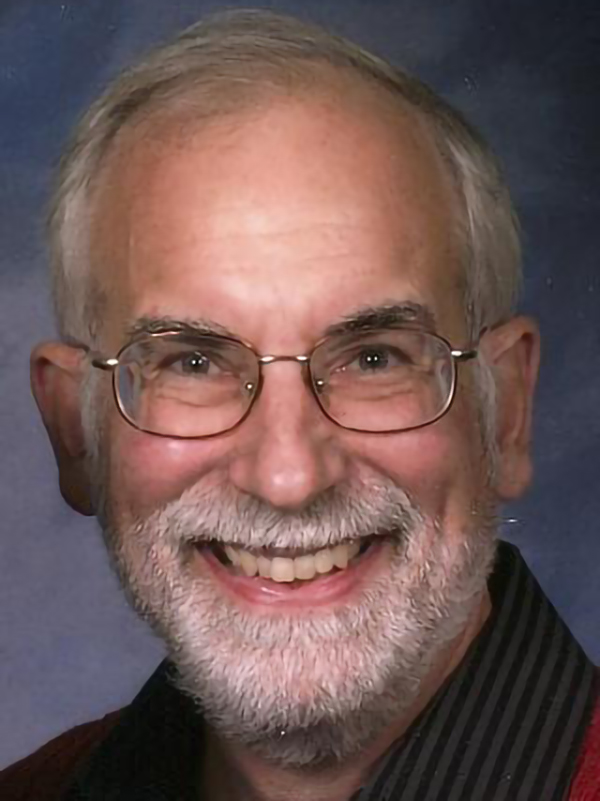
With a righteous faith in journalism, Phil Haslanger used the power of his role as a newsroom leader to fight for the community in which he lived. In the process, helped earn the state recognition as a leader in opinion journalism.
Haslanger was a tireless advocate for social and racial justice. At a time when too many newsrooms remained rigidly white and male, he empowered women and people of color. As editorial page editor of The Capital Times, he made the newspaper the only daily in Wisconsin — and one of just a few in the country — to endorse the Rev. Jesse Jackson’s “Rainbow Coalition” candidacy in the 1988 presidential race. Haslanger mentored numerous young journalists throughout his career, sending them to investigate housing discrimination, political corruption and environmental catastrophes.
Haslanger maintained The Cap Times’ fierce independence and unapologetic progressivism, earning national recognition in the field. He joined the board of the National Conference of Editorial Writers in 1993 and helped bring the group’s convention to Madison in 1997. He served as president of NCEW in 2002.
Though he retired from the newspaper in 2008, Haslanger’s contributions to the journalism industry have continued.
He works tirelessly on behalf of the UW-Madison Center for Journalism Ethics, where his dedication to healthy and inclusive communities continues to drive his work — most recently through his vision for the Center’s upcoming “Inequity & Journalism: The Ethical Imperative.”
Haslanger also served on the board of the Religion News Service, of which he was president from 2016 to 2017, and has been a member of the Religion News Association, Associated Press Managing Editors, Education Writers of America and Newspaper Association of America New Media Federation.
Margaret “Meg” Jones

Described as the “heart and soul” of the Milwaukee Journal Sentinel newsroom, Margaret “Meg” Jones left a legacy that was wide and deep — one that reaches well beyond the newspaper to all corners of her home state and to the war zones in Afghanistan and Iraq.
Known for her unparalleled commitment to storytelling, Jones was sincere, naturally curious and connected with everyone she interviewed.
Former colleagues said she “made everyone around her feel seen and valued,” both in her everyday life and in her work. She was not only a welcoming presence and mentor to young journalists but served as a shining example for all reporters across the state.
As a general assignment reporter who developed expertise in covering veterans and the military, Jones made eight reporting trips to the Middle East — four to Iraq and four to Afghanistan. Her passion for covering the troops shone through in her work, and in her ongoing correspondence with the many soldiers and their families that she interviewed over the years. Jones’ reporting was recognized in 2010 by the Milwaukee Armed Forces Week Committee, which named her the recipient of its Citizen Support for Our Armed Services Award.
Beginning in Marinette and ending in Milwaukee — with stops in Shawano and Wausau along the way — Jones spent the entirety of her career reporting for newspapers in her home state. Her work earned numerous awards, including being part of a Journal Sentinel reporting team that was named a Pulitzer Prize finalist in 2003 in explanatory reporting.
She was named to the Milwaukee Media Hall of Fame in November 2020 and the Milwaukee Press Club has announced plans to launch a scholarship in her honor. Jones also posthumously received a distinguished service award in 2021 from the UW-Madison School of Journalism and Mass Communication, her alma mater.
J. Anthony Josey
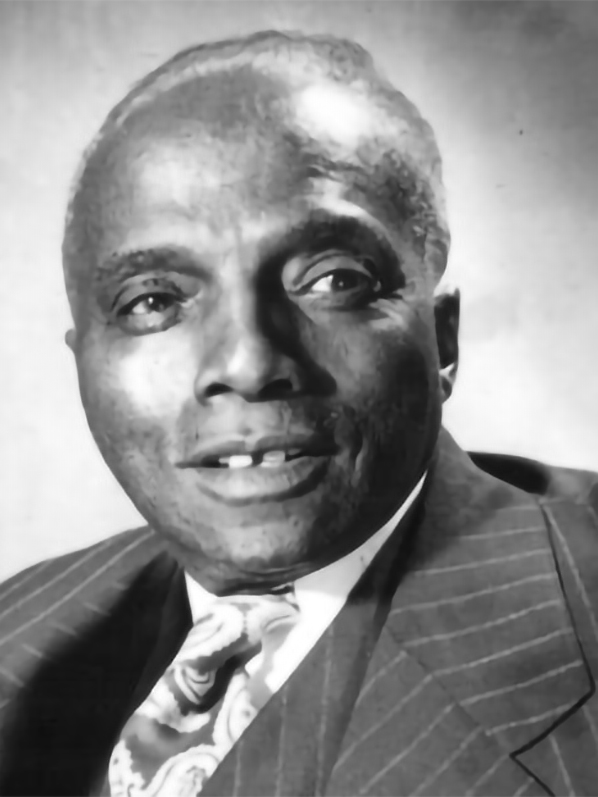
A pioneer of Wisconsin’s Black press, Jarius Anthony Josey was an outspoken champion for equal rights.
In 1916, he co-founded the Wisconsin Weekly Blade, Madison’s first Black newspaper, of which he served as co-editor. A year later, he purchased the Milwaukee Enterprise and merged the two into the Wisconsin Enterprise-Blade, one of the state’s first successful Black newspapers. He served as the publication’s sole editor and publisher, leading the newspaper for nearly three decades until it closed in 1944.
Josey used his editorial platform to fight against racial stereotypes and frequently took positions on important issues in the Black communities of Madison and Milwaukee. He fought against segregation and discrimination and played an important role in exposing inequity in Wisconsin and across the country.
Known as “The First Mayor of Black Milwaukee,” Josey continued to serve the Black community in his post-newspaper career, starting a real estate business that specialized in working with homeowners of color.
When Josey died in 1957, two funerals were held — one in Madison and another in Milwaukee — to pay tribute to the trailblazing journalist who served as the inspiration for many Black newspapers that emerged shortly after his death.
Lucius W. Nieman
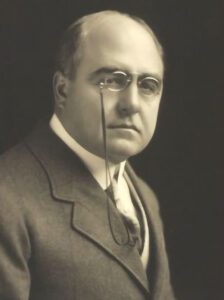
A longtime newspaper publisher and editor with a steadfast commitment to independence and accuracy, Lucius Nieman laid the groundwork for what went on to become the state’s largest and most prominent newspaper, the Milwaukee Journal Sentinel.
A Wisconsin native, Nieman got his start in newspapers at age 12 in 1869, working as a printers’ devil for The Waukesha Freeman. Two years later, he started in the composing room of The Milwaukee Sentinel and worked his way up to managing editor at age 21 before leaving to start his own newspaper.
Nieman led The Daily Journal — later known as The Milwaukee Journal and eventually merged into the Journal Sentinel — for more than fifty years. He purchased the newspaper in 1882, just three weeks after it was started as a political campaign sheet. Nieman served as publisher until 1919 and continued on as editor until his death in 1935.
Under Nieman’s leadership, The Journal was fiercely independent, free of political influence, and stood squarely on the side of the people. Recognizing the threat posed by German propaganda during World War I, The Journal employed a special editor to focus on foreign interference and translate propaganda materials.
In 1919, these efforts earned The Journal the first of eight Pulitzer Prizes in its storied history. The paper received the Pulitzer Prize for Public Service for its “strong and courageous campaign for Americanism in a constituency where foreign elements made such a policy hazardous from a business point of view.”
Nieman’s legacy continues today through the Nieman Foundation for Journalism at Harvard. It was founded in 1938 through a $1.4 million donation by his widow, Agnes Wahl Nieman, to “promote and elevate the standards of journalism in the United States and educate persons deemed specially qualified for journalism.” Today, the Foundation also is the home of Nieman Reports, a quarterly journal on journalism issues, and the Nieman Journalism Lab, an effort to investigate future models that could support quality journalism.


